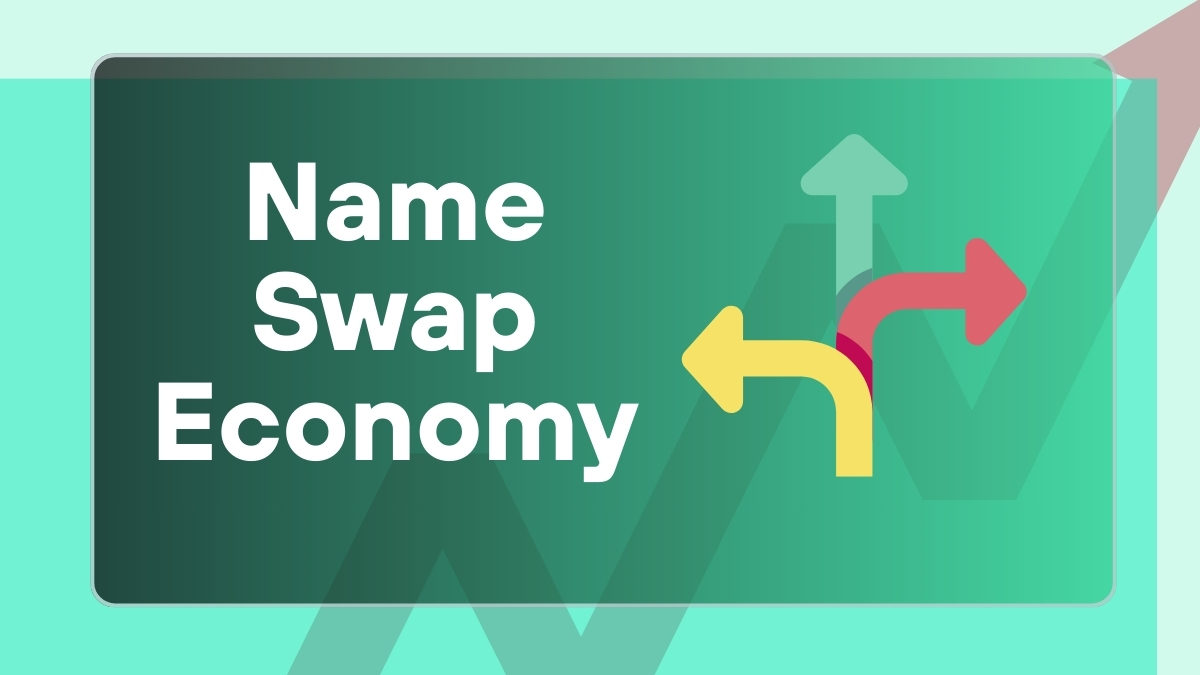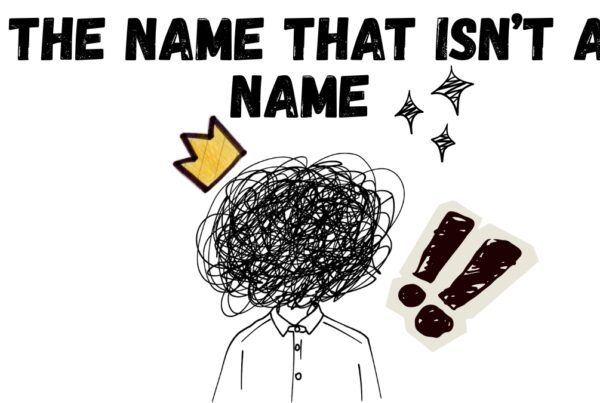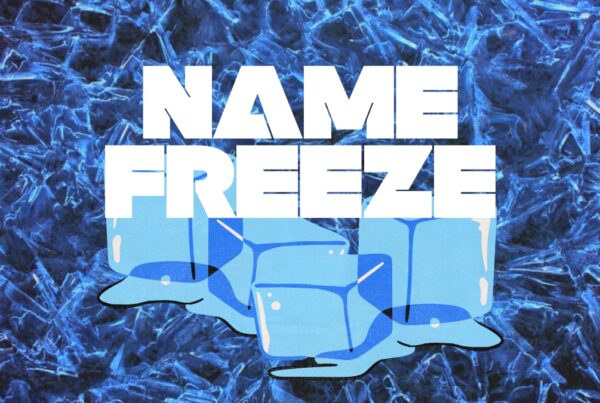How usernames and handles became underground currency
Most people don’t give usernames much thought. They are merely the words that follow the @ symbol and are tagged to our accounts. However, usernames have evolved into much more than just identifiers in recent years. They are rare resources, status markers, and occasionally even goods that are exchanged in covert transactions.
The term “swap economy” is frequently used to describe this questionable practice. People choose usernames for more reasons than convenience in this environment. They steal them outright, trade them like collectibles, and battle to get them. Underground forums are teeming with buyers and sellers, and a short or uncommon handle can fetch thousands of dollars.
Before you realize it is not an original concept, it may seem strange. Like real estate, website names were bought and sold by internet pioneers in the 1990s. Both Business.com and Hotels.com sold for millions of dollars. The same idea applies to usernames. They are unique, cannot be reproduced, and symbolize prestige. A tiny but noticeable portion of the internet is under the control of whoever owns them.
The Power of Scarcity
Why rarity drives value
By design, usernames are limited. Only a single use of each handle is permitted on each platform. It’s gone forever once someone claims @Mike on Instagram or @Art on TikTok. Natural scarcity is produced by this straightforward law, and value is always fueled by scarcity.
Particularly valued are short handles. A three-letter name conveys maturity and looks sharp. Individual terms associated with universal ideas, such as @Love or @Money, generate a lot of interest. Because they are straightforward and easily recognizable, even common first names like @Emma or @David have value.
The hierarchy of handles
Traders informally rank usernames according to their desirability.
- Single words tied to concepts or industries sit at the top.
- Common first names are highly sought after.
- Short abbreviations or acronyms carry strong appeal.
- Trend-driven names tied to memes or pop culture rise and fall in value quickly.
This hierarchy resembles the way collectors value trading cards or vintage sneakers. Everyone knows the rarest versions sit at the top, but demand can shift depending on culture and trends.
How the Underground Market Operates
Where deals happen
Because official networks forbid selling usernames, transactions take place behind closed doors. Private forums, Discord servers, and Telegram channels function as meeting places. Buyers put offers, traders advertise their holdings, and talks take place in silence.
Some groups function similarly to stock markets, debating which names are cheap and which could become more relevant. Others are more relaxed groups where members speak about their purchases and make fast deals. .
Currency and exchange methods
Cryptocurrency is used in most transactions. Stablecoins like Bitcoin are preferred because they offer a degree of privacy and lower the possibility of chargebacks. Until the handle is transferred, payment is frequently kept in escrow.
Due to an increasing number of frauds, escrow is essential. Trusted middlemen frequently serve as go-betweens, keeping the account information and the payment until the transfer is verified. Without these reliable people, fraud would cause the market to crash.
Direct swaps and speculative trades
Money is not always involved in transactions. Users occasionally trade handles they think may be valuable in the future. For instance, during a market upswing, someone might exchange @Crypto for @NFT. Because of this, usernames behave like speculative money, their value changing in line with economic and cultural trends.
The Dark Side of Handle Trading
Theft and hijacking
Criminals are drawn to usernames because they might be worth hundreds of dollars. SIM changing is a popular stealing tactic. Attackers obtain two-factor authentication codes and seize control of accounts by deceiving a phone carrier into sending a victim’s number.
Once inside, they seize the rare handle, lock out the original owner, and swiftly resell it to avoid being discovered. Platforms that are unresponsive or dubious of recovery claims frequently make it difficult for victims to reclaim control.
Extortion and intimidation
Threats are used by some traders. According to reports, victims are getting messages threatening to harass them until they give over their usernames. Attackers sometimes flood accounts with reports to temporarily ban them, then promise to stop if the victim turns up the handle.
Fraud and fake sales
Scams are common even in trading communities. Sometimes, sellers take money but don’t deliver. After transfers, buyers occasionally reverse payments. Although escrow systems lessen risk, they cannot completely remove it.
Platform responses
Most platforms officially ban handle trading and reclaim stolen accounts when possible. Implementation, however, varies. While some stolen names disappear rapidly, others are used for years. This inconsistency fuels the underground economy, as traders believe they can escape detection.
Why Brands and Influencers Play Along
Branding power of clean names
A clean username is more valuable to businesses than its aesthetic appeal. It increases their trustworthiness and makes them easier to locate. Consider looking for the BrightFit brand. Audiences will instantly know a firm if it owns @BrightFit on Instagram, TikTok, and Twitter. They lose visibility and credibility if they are forced to accept @BrightFitOfficial123.
Influencers and authority
Influencers understand the importance of handles as well. Compared to a fitness coach with a crowded handle, one with @Trainer appears more credible. At first impression, a DJ using @Beats appears to be authoritative. The speed at which audiences choose to follow is influenced by these tiny differences.
Quiet acquisitions
Many businesses and creators secretly pay for the names they choose, even when platforms forbid it. In order to conceal the buyer’s identity, middlemen are sometimes used in these transactions. Brands publicly deny involvement. In private, they view it as a necessary component of conducting business online.
The Psychology of Digital Ownership
Scarcity as a status symbol
What is rare is appreciated by the human brain. People want exclusive usernames, just like they want limited-edition sneakers or uncommon watches. It seems impressive to own @James or @Art because so few people can make that claim.
Identity and belonging
Moreover, names indicate identity. It’s like planting a flag in the digital world when you secure your first name. It’s as like a piece of their identity is gone when an uncommon handle is lost. Demand is fueled as much by that emotional bond as by financial speculation.
Collecting and speculation
Some people consider usernames to be valuables. They collect trendy or short handles and treat them as if they were investments. The excitement of stock trading is similar to that of speculation. Will the value of a meme moniker suddenly double? Will an old handle suddenly become popular again due to a cultural shift? These are addictive questions for traders.
Case Studies and Real Examples
Domains as the precedent
Domain names provide the most obvious example. Forward-thinking investors purchased basic names like Business.com or Hotels.com in the early days of the internet and sold them for millions of dollars. The updated version of that play is called usernames. They are limited, culturally associated, and becoming more and more valued.
Brands negotiating for their names
Nike and Tesla have had to bargain for usernames that are consistent with their brands. They took legal action in certain instances, claiming that it was against trademark regulations to own a name without intending to use it. In others, they paid privately to obtain what they required.
Trend-driven value spikes
Memes-related handles frequently increase overnight. Names like @Skibidi or @Toilet suddenly became popular during the peak of “Skibidi” on TikTok. Early-adopting traders profited by selling them. Slang terms like @Rizz and @Yeet have similar peaks.
Risks and Ethical Dilemmas
Legal uncertainty
Platforms prohibit trade, so buyers and sellers are in a legal dilemma. The platform may reclaim the domain without providing a refund, even in the event that a purchase is successful. Buyers risk losing their money in addition to the handle.
Scams and theft
Anonymity carries some risk. Many transactions fail, even with insurance. False documentation of ownership or fake middlemen can easily fool newcomers.
Ethical concerns
According to critics, treating usernames like property harms regular people. It makes it harder for normal folks who only want to use their identity online and encourages theft. Ordinary users suffer when shortage is turned into a product.
The Future of the Name Swap Economy
Stronger security
Platforms are making security investments to prevent theft. Stricter monitoring, enhanced reporting mechanisms, and multi-factor authentication are all intended to lessen hijackings. Attackers continue to develop new techniques.
Official marketplaces
According to some analysts, platforms might finally accept trading as a reality. They may establish official marketplaces where users can safely buy and trade instead of completely banning it. In addition to reducing fraud and legitimizing the economy, this would enable platforms to charge fees.
Expansion into new digital spaces
Social media is not the only platform where the concept of limited digital names is used. Rare tags are already valuable in gaming, metaverse platforms, and virtual worlds. The name swap economy will probably spread into completely new markets as these settings develop, going beyond Instagram and TikTok.
Conclusion
Originally used as straightforward identifiers, usernames have evolved into valuable assets in and of themselves. They are valued because they are limited in number. They are valued by culture. Additionally, they become status symbols due to human psychology.
The illegal trade in handles proves that even the smallest digital data may become currency. It is a game of prediction for traders. It comes down to reach and identity for brands. It presents a chance for thieves and scam artists.
This economics exposes a more general reality. Ownership is not restricted to material possessions in the digital era. Identity theft, sale, and purchase are all possible. Online, a name is more than simply a name. It is a ticket to the secret world of underground marketplaces, as well as property and status.
But beyond markets and trades, names can also be sharpened into tools of influence. In our next article, Name as Weapon, we’ll explore how names are strategically used to frame debates, shape reputations, and sway public opinion in ways that go far beyond simple identification.




